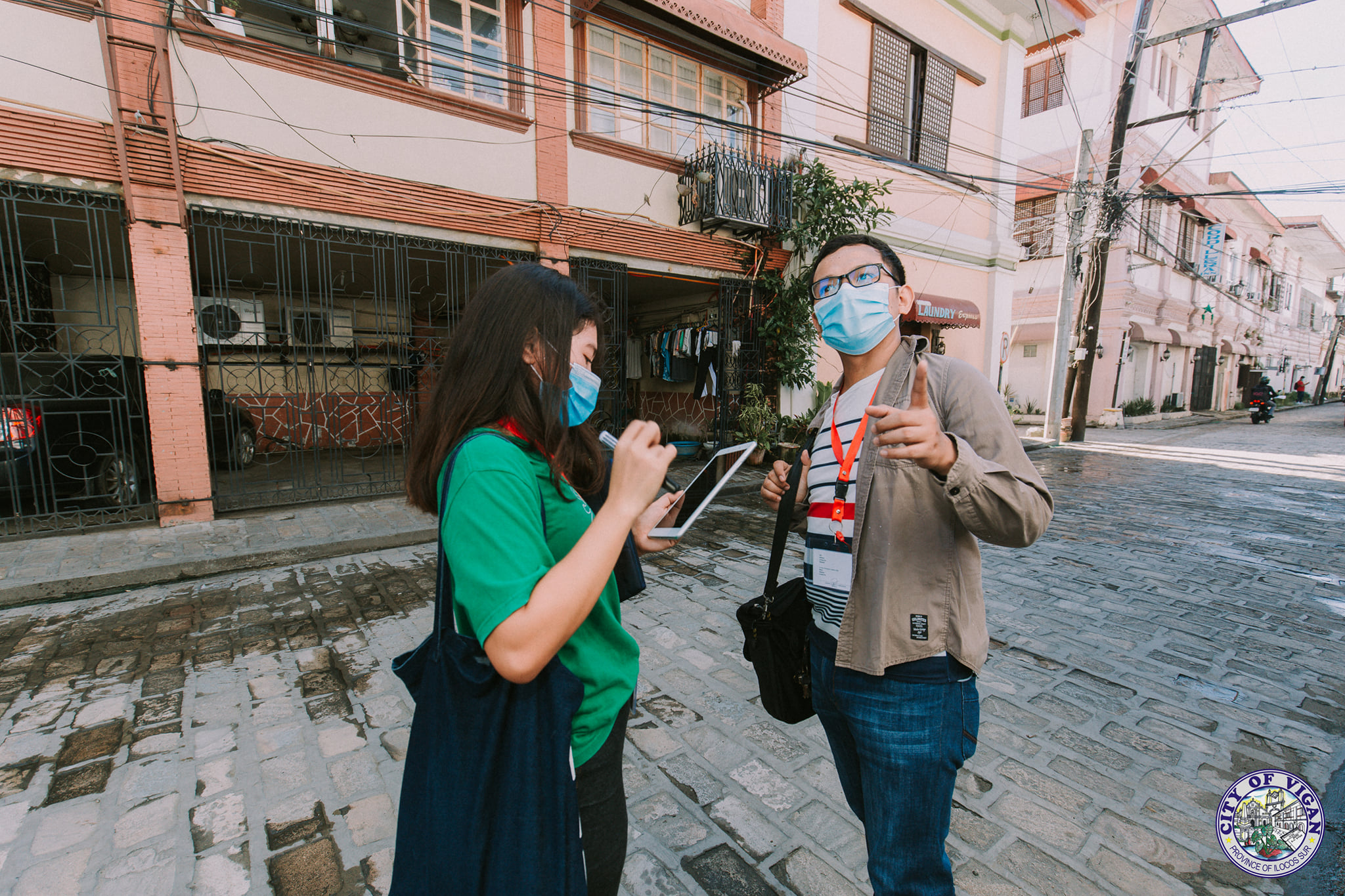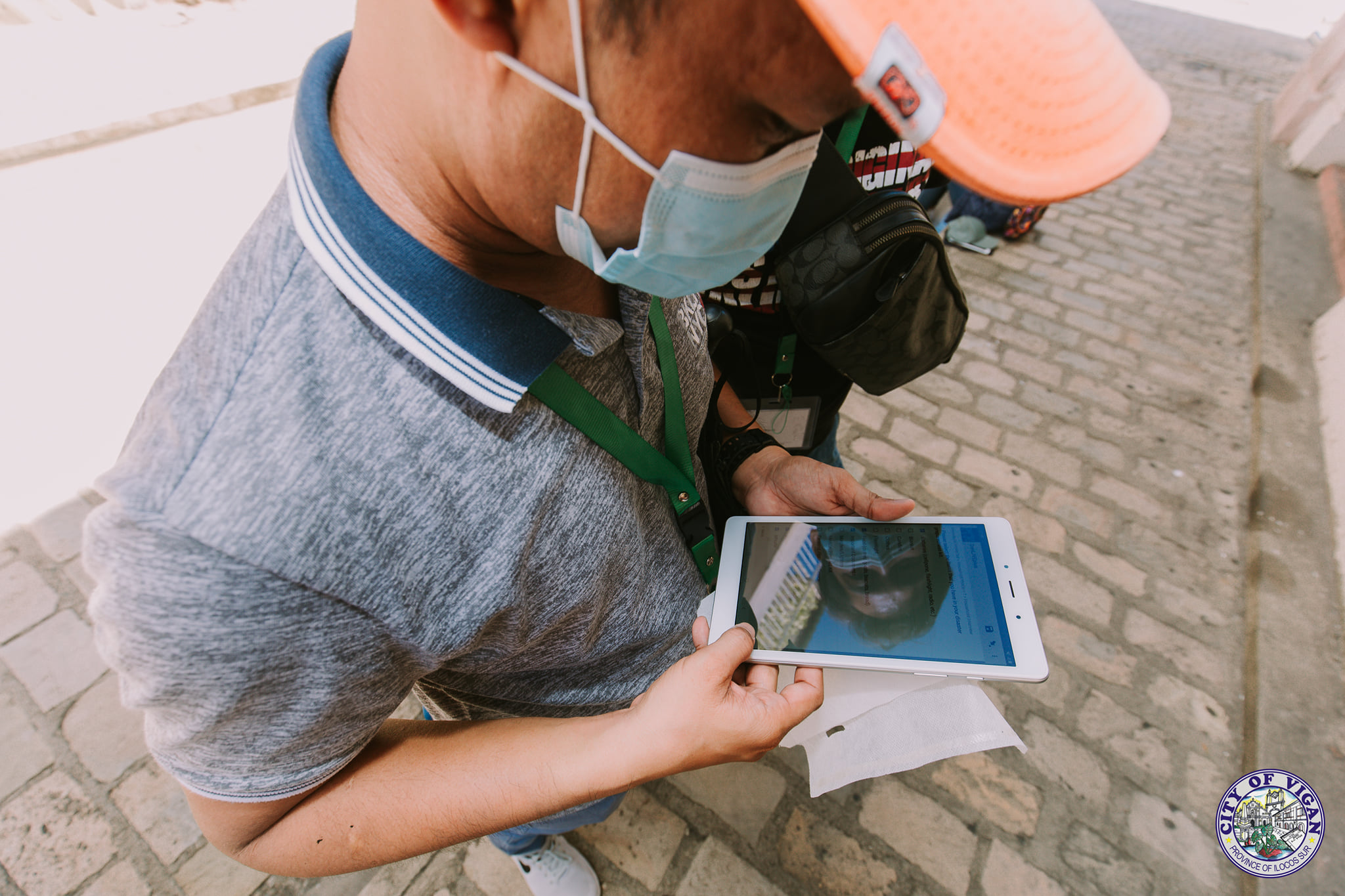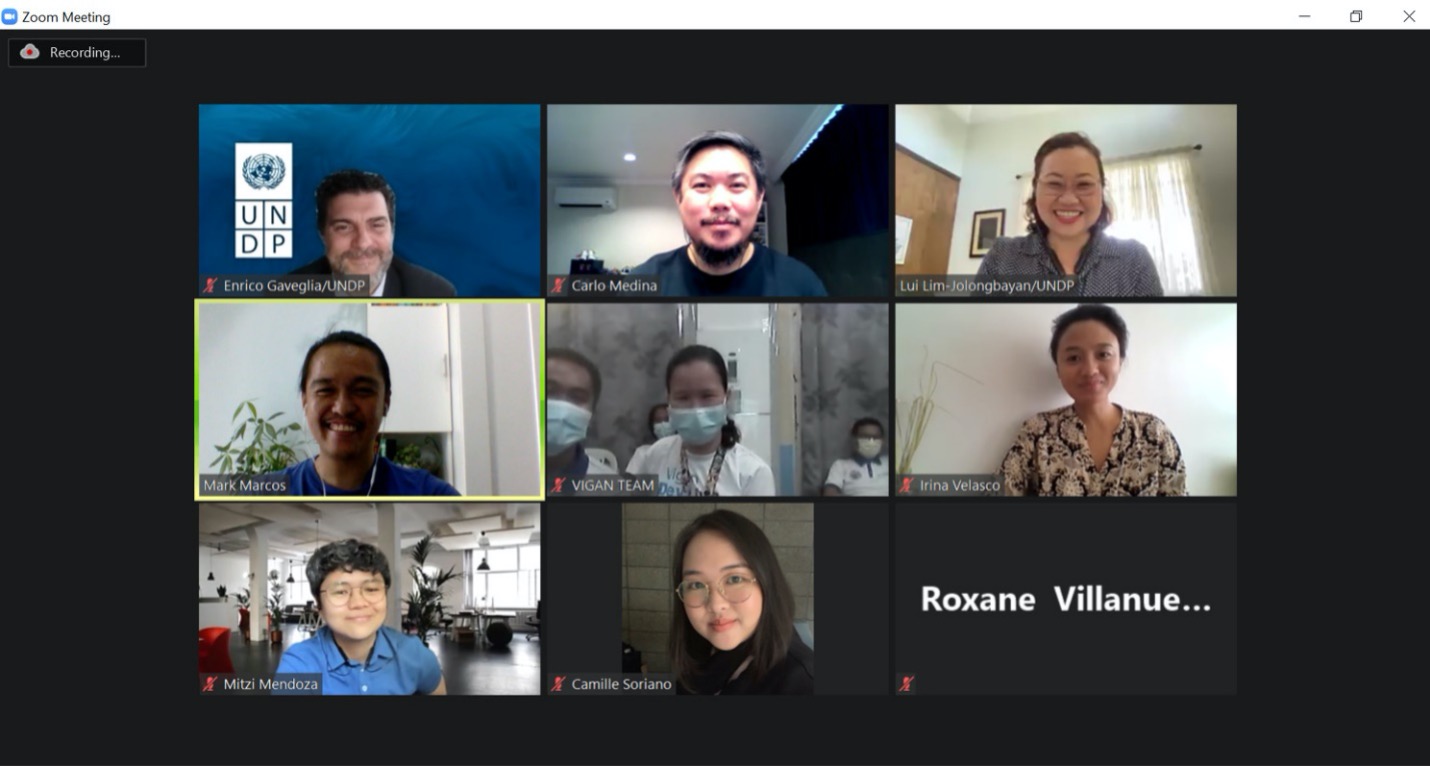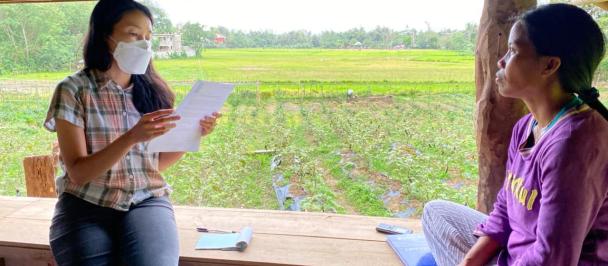Photo from Vigan City Information Office
Vigan City, proclaimed as a UNESCO World Heritage site for its well-preserved Spanish colonial and Asian architecture, may as well be the ambassador of digital governance for the country. Its current mayor, Carlo Medina, credits this digital transformation to the data generated through DevLIVE+ of the United Nations Development Programme in the Philippines (UNDP).
The Development through Local Indicators and Vulnerability Exposure Database (DevLIVE+) is a system and a tool that is used to collect, organize, visualize and manage baseline data and information on the household, building structures and production areas for monitoring access to and delivery of basic services, assessing vulnerabilities and exposures to hazards and risks, and creating development pathways toward sustainable and progressive communities. It generates socio-demographic profiles not only at the municipal or barangay level, but up to the household levels.
Through a series of trainings conducted in the span of 5 months, 10 personnel from the city office and 35 locally hired individuals were trained in managing the field data collection, using the GPS devices for geotagging, enumerating through the use of a mobile data collection platform, and managing the data dashboards for monitoring, validation and analysis. Upgrading these skill sets will enable the City Government not only to utilize their data for planning and programming, but to also have a pool of resources that can be tapped for future updating of their local data.
Raissa Villanueva, Vigan City’s Core Team Leader, revealed that the socio-ecological profile generated by DevLIVE+ surprised some barangay officials when it reported that open pit defecation has began to resurface again after being recognized as a city with zero open defecation in the past two years. Photographs taken by the survey team and exact location of the open pits geotagged by DevLIVE+ supported the claim. This helped the barangay officials realize the importance of sustaining projects and programs which address local issues. The results of the survey that started in October 2020 further revealed a considerable increasing trend of poverty incidence from the previously reported data of 2% in 2015, which can be explained by the ongoing COVID-19 crisis during the time of data collection.
The pandemic provided the textbook setting for the survey as residents were mostly at home, providing the respondents more time to answer the survey. As of now, almost 100% of the households have already been surveyed. As part of the implementation, 12 out of Vigan’s 39 barangays underwent community validation where barangay data were presented.
The data previously gathered has been the basis for the city’s nutrition program, budget and planning, and most importantly, the roll-out of its COVID-19 vaccination program.
For Mayor Carlo Medina, ‘this is just the start of Vigan City’s digital transformation’ and pins this claim on the steadfast partnership with the UNDP.
Enrico Gaveglia, UNDP Philippines’ Deputy Resident Representative cites that the mayor's persistence for digital governance ‘closes the gap between public administration and the citizens as the data makes the government know more about the people.’
In 2021, the Next Generation Vigan City is expected to manage integrated and inclusive digital solutions for more responsive programs for the community, including the most vulnerable segments of the society—women, youth, and PWDs. The City also hopes to use disaggregated and up-to-date information for anticipatory, agile, and adaptable governance.
In time, through its partnership with UNDP, Vigan City’s best-preserved Spanish colonial town hopes to be a digital governance capital as well.
Supported by UNDP, DevLIVE+ was originally designed to assess risks and exposure of households to natural hazards. It was further enhanced and expanded to collect data on non-residential structures which are significant information to the exposure database of an LGU. The DevLIVE+ is implemented for a detailed evaluation of potential risks in an automated manner, which would significantly enhance development of future local plans and programs.
DevLIVE+ was developed as an upgrade of the Climate and Disaster Exposure Database (ClimEx.db) from the United Nations Development Programme, Australia in the Philippines, and Climate Change Commission PH’s Resilience and Preparedness toward Inclusive Development (RAPID) program.
###

 Locations
Locations


